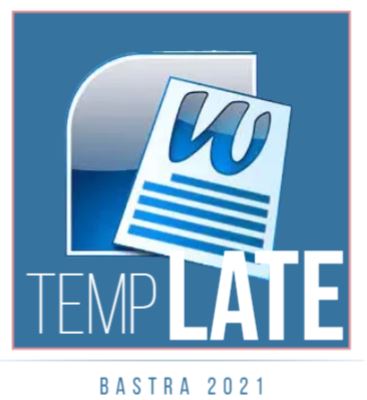PEMBELAJARAN MUSIKALISASI PUISI MELALUI MODEL PENGAJARAN LANGSUNG
Keywords:
musical poetry, direct instructionAbstract
Poetry-making skill as well as providing appropriate tune that matches the atmosphere of the poetry or musical poetry skills is not an easy task. In pursuit of learning, especially learning musical poetry, teachers demanded to be able to use appropriate teaching methods. Learning musical poetry is strongly influenced by the skills, knowledge, experience and creativity of each teacher. Because learning musical poetry appreciation is given with all the limitations of teachers, which is considered to make the results of musical poetry achieved isnot maximum. Through direct instruction is expected to increase the motivation and skills of students in musical poetry. Each stage of learning in direct teaching methods give students the opportunity to take part starting from the selection of poetry, determining the atmosphere of poetry, poetry atmosphere synchronization with music, training, performance, and evaluation. With direct instruction, students will be motivated to perform activities of musical poetry with pleasure. They can be taken deep into learning without any psychological pressure, but instead feeling the excitement.
Downloads
Published
How to Cite
Issue
Section
License
Authors who publish with PENTAS agree to the following terms:
Authors retain copyright and grant the Engagement right of first publication with the work simultaneously licensed under a Creative Commons Attribution License (CC BY-SA 4.0) that allows others to share (copy and redistribute the material in any medium or format) and adapt (remix, transform, and build upon the material) the work for any purpose, even commercially with an acknowledgement of the work's authorship and initial publication in BASTRA.
Authors are able to enter into separate, additional contractual arrangements for the non-exclusive distribution of the journal's published version of the work (e.g., post it to an institutional repository or publish it in a book), with an acknowledgement of its initial publication in BASTRA.
Authors are permitted and encouraged to post their work online (e.g., in institutional repositories or on their website) prior to and during the submission process, as it can lead to productive exchanges, as well as earlier and greater citation of published work (See The Effect of Open Access).

This work is licensed under a Creative Commons Attribution-ShareAlike 4.0 International License.








